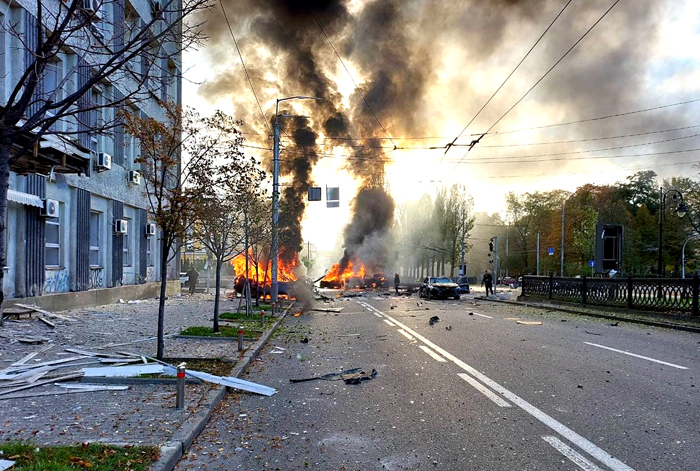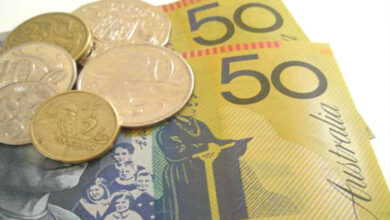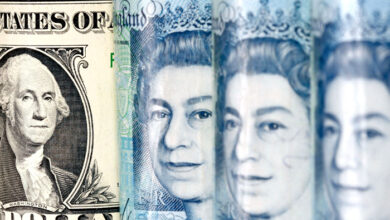Russia attacks Ukraine with more missiles after an attack on a bridge, which makes the dollar go up.

After the attack on the Kerch Strait Bridge over the weekend, Russia attacked Ukrainian cities, including the capital Kyiv, with a barrage of missiles on Monday. This seemed to be a response to the attack on the Kerch Strait Bridge over the weekend.
By 3:35 ET (07:35 GMT), the dollar index, which tracks the greenback against a basket of six currencies from developed economies, was up 0.12% at 112.92 and benefited from a small demand for “safe haven” assets as events pointed to a further escalation of a conflict that has been bad for European currencies since February.
Reports say that missile attacks mostly hit civilian areas, like Shevchenko Park in Kyiv, which is the largest and most popular public park in the city. Russia has put Sergey Surovikin, a veteran of Syria’s civil war, in charge of what it calls a “special military operation.” This has led to the attacks.
Related: Ukraine is seeking to revive its economy by establishing defiant small business
The September U.S. labour market report came out on Friday, and it showed that employment was still growing at a solid rate. However, there was no real evidence to support hopes that the Federal Reserve would stop raising interest rates soon. The short and long ends of the Treasury yield curve were almost the same as they were when the market closed on Friday.
The pound was the focus of early trading after the Bank of England said it will replace the emergency auctions of Gilt purchases it started after the new government’s “mini-budget” was not well received with a new set of lending operations. Since the mini-budget, the Bank has only used about 12% of the auctions’ capacity. To keep the market from moving too much in the last week, it has raised the daily limit.
At $1.1103, the pound gained 0.2%.
The euro, on the other hand, fell 0.1% to $0.9729. This happened because EU leaders still haven’t come to an agreement on how to handle the continent’s fuel needs during the coming winter. At a meeting in Prague on Friday, people talked for a long time about ideas for putting a cap on the wholesale price of gas. But nothing concrete came out of the meeting.
Later on Monday, both the chief economist of the European Central Bank (Philip Lane) and the president of the Bundesbank (Joachim Nagel) will talk about how the bank makes decisions. In the U.S., the most important people are Fed Vice-Chair Lael Brainard and Chicago Fed President Charles Evans.





